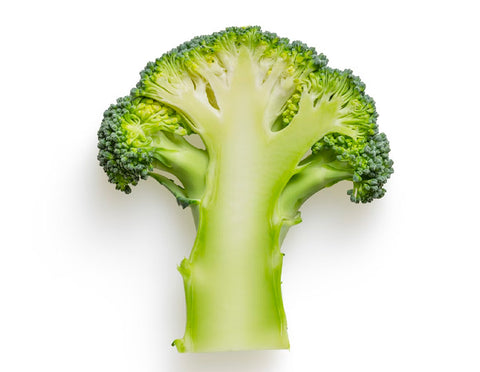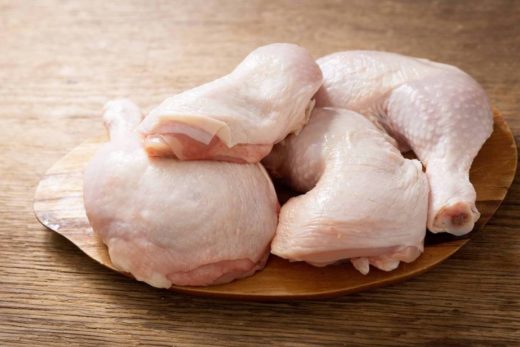Vitamin E is a powerful and essential antioxidant, and one of the vitamins and minerals dogs require for optimal health. Aside from fending off free radical damage and helping to keep the immune system in peak performance, vitamin E has other applications—most notably for skin problems.
Vitamin E is an important nutrient, antioxidant and essential vitamin in any dog’s diet, but does your pup also need supplements? From benefits and uses, to side effects and tips for administration, we are here to guide you through what you need to know about vitamin E for dogs.
What is Vitamin E for Dogs?
Vitamin E comes in eight forms, the most common of which is a potent antioxidant called alpha-tocopherol. It shares something in common with vitamins A, D, and K. Vitamin E is one of the four fat soluble vitamins that are metabolized like fat and stored in fatty tissue and the liver.
Natural sources of vitamin E are found in a number of foods including:

- Fruits and vegetables: Spinach, broccoli, avocados
- Vegetable oils: Wheat germ, sunflower oil, safflower oil
- Nuts and seeds: Almonds, peanuts, sunflower seeds
- Seafood: Rainbow trout, Atlantic salmon
In human wellness regimens, vitamin E helps prevent blood clots and boosts the immune system (which aids in warding off illness), but it’s mostly coveted for its powerful antioxidant properties. Antioxidants protect cells, organs, and tissues from the havoc caused by free radicals, like air pollution and the sun’s ultraviolet light.
Is There Already Vitamin E in My Dog’s Food?

Typically, yes. If your dog’s food label mentions “essential vitamins and minerals” or “complete and balanced nutrition” on the bag or in the ingredients, it will almost certainly contain vitamin E. Plus, vitamin E (in the form of mixed-tocopherols) is also a natural preservative, so beyond being an essential vitamin, it’s an excellent way to help keep your dog’s brand of food fresh.
What Is the Right Vitamin E Dosage for My Dog?
Fortunately, nutritionists and other health experts develop most of the dog food brands on the market. That means in most cases, you don’t have to worry about how much vitamin E to give your dog. They should already be getting the right amount every day to help them thrive. However, dogs deficient in vitamin E may show signs of muscle weakness, so if you are really concerned, be sure to consult with your veterinarian. Nutritionists and food scientists are an integral part of the pet food making process to make adjustments on the pre-cooking side so the finished product has the exact amount of nutrients the pet needs.





